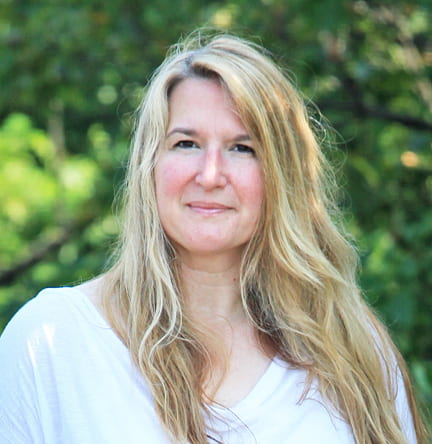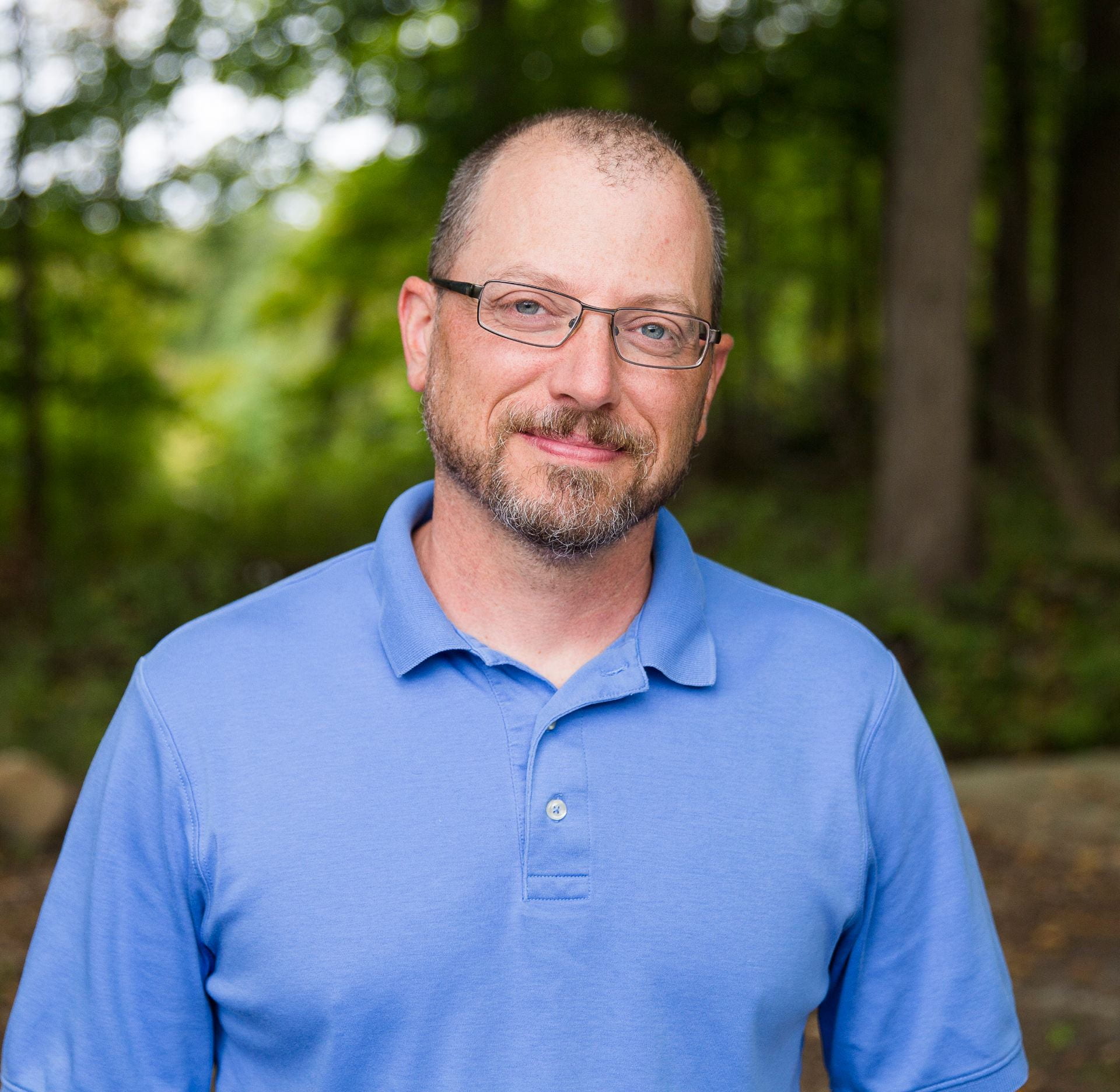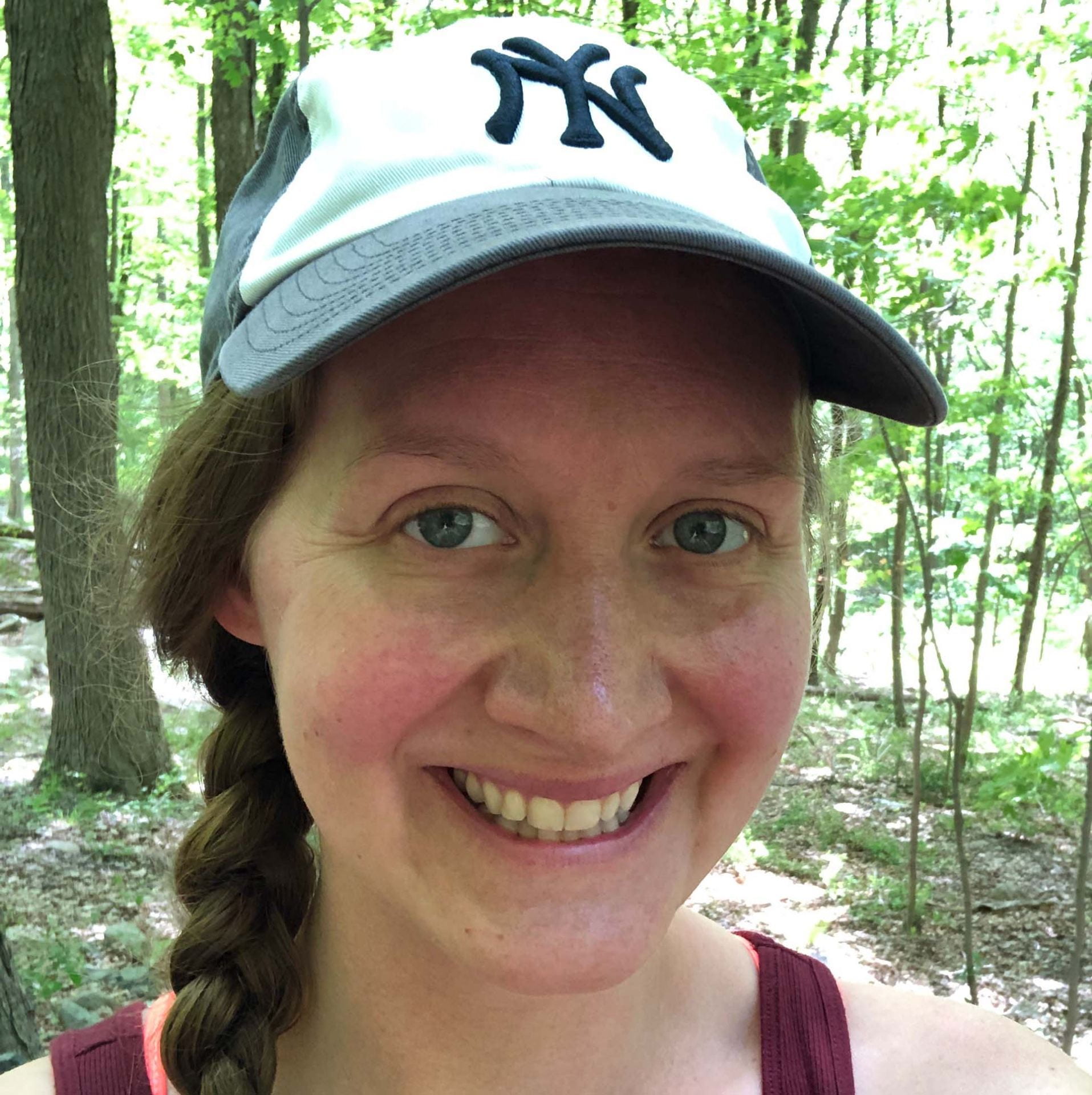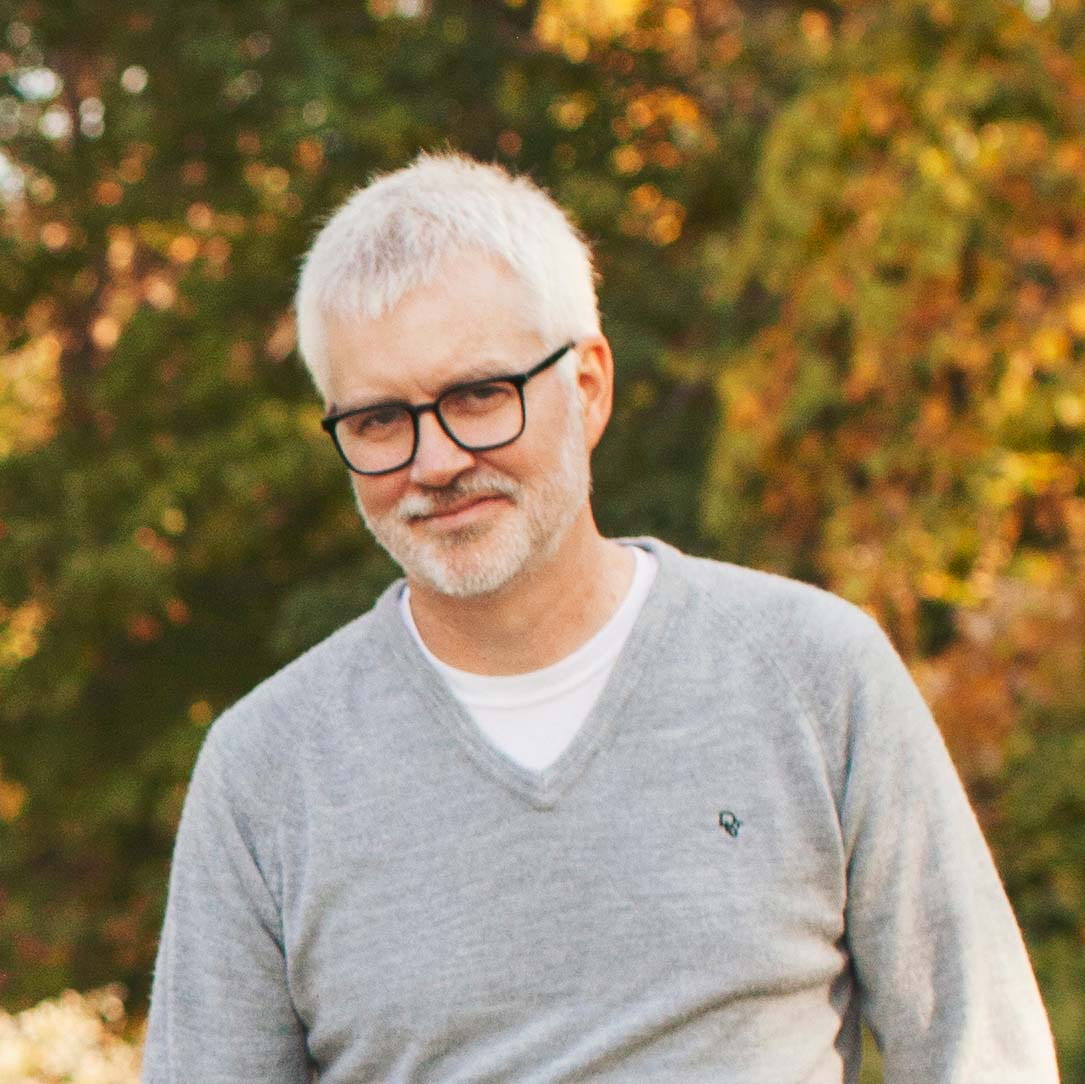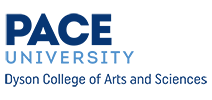Want to work with us?
Contact us at sbcc@pace.edu.
ACADEMIC AND PUBLIC EDUCATION PROGRAMS
You can engage with the Conservation Center through courses, fieldwork, community-serving collaborations and projects, and publicly accessible programming.
The Conservation Center also partners with the community to hold events on its Westchester campus.
Email us at sbcc@pace.edu to find out about future events and programs held at the Center or to partner with us.
Research Opportunities
The Conservation Center supports research both on-campus as well as in the community, with several affiliated students, staff, faculty, community members, and researchers conducting research in collaboration with the Center.
The Center supports research in biodiversity, wildlife conservation, environmental policy, environmental justice, and more, in urban and suburban contexts.
Email us at sbcc@pace.edu if you are interested in working with us to create or continue a research project.
COLLABORATIVE PROJECTS
The Conservation Center partners with students, faculty, staff and community members to provide essential information and expertise to address environmental challenges.
Community members and regional organizations may partner with the Center for data collection and analysis, advocating for specific policy issues, and training to assist their conservation efforts. The Center also works with internal and external researchers who are interested in building meaningful projects together.
Email us at sbcc@pace.edu to discuss building a project together.
ABOUT SBCC
Our Mission
The Suburban Biodiversity Conservation Center at Dyson College provides teaching, training, and research to advance biodiversity conservation, ecosystem protection, wildlife conservation, and smart decision-making in the Lower Hudson Valley, with an emphasis on the just development of healthy and diverse communities.
We achieve this through:
1. Providing experiential and place-based educational opportunities for students of all backgrounds, degrees, and academic levels.
2. Supporting applied research in biodiversity, wildlife conservation, environmental policy, environmental justice, and more in urban and suburban contexts.
3. Fostering collaboration with external partners to identify, assess, and communicate issues around environmental conservation and community improvement.
OUR PROGRAMS AND FACILITIES
WILDLIFE CONSERVATION PROGRAMS
The Conservation Center provides training in professional policy and advocacy skills while stewarding wildlife conservation. Through the Animal Policy Project, students learn to research an issue and to design and advocate for policies that can create change in local, state, or federal law.
The Center offers the Animal Advocacy Clinic, a three-credit course available to Pace students. The course teaches professional policy and advocacy skills through the practice of direct lobbying of legislatures and agencies regarding animal and wildlife welfare issues.
Through the Wildlife Rehabilitation Program, students learn best practices to care for wild animals, how to track disease trends and promote ecosystem health, and the importance of biodiversity protection.
Physical Features
- Environmental laboratory
- Environmental classroom (with seating for 30)
- Outdoor pavilion
- 50-acre forest with hiking trail
- Pollinator gardens
- Native plant propagation field
- Streams, ponds, wetlands
ENVIRONMENTAL CONSERVATION PROGRAMS
The Conservation Center offers an Environmental Conservation Certificate program that provides training for those interested in working with plants or animals, protecting habitats, or educating the public about the environment.
Open to the public, this five-course certificate program trains you to be highly competitive for employment in the conservation field, gaining practical experience that conservation organizations are looking for in entry-level positions.
The Conservation Certificate focuses on fieldwork and internships, which also fulfill major electives in either the Environmental Studies or Science degrees.
Intellectual Resources
Faculty expertise in plant ecology, wildlife, ecosystems, water quality, climate change, environmental justice, environmental policy, sustainability, sustainable agriculture, geographic information systems (GIS), and statistics.
Connections to and collaborations with environmental organizations throughout the Hudson Valley and NY metropolitan areas. These relationships can provide opportunities for course projects, research, community service, and internships.
Our Staff
